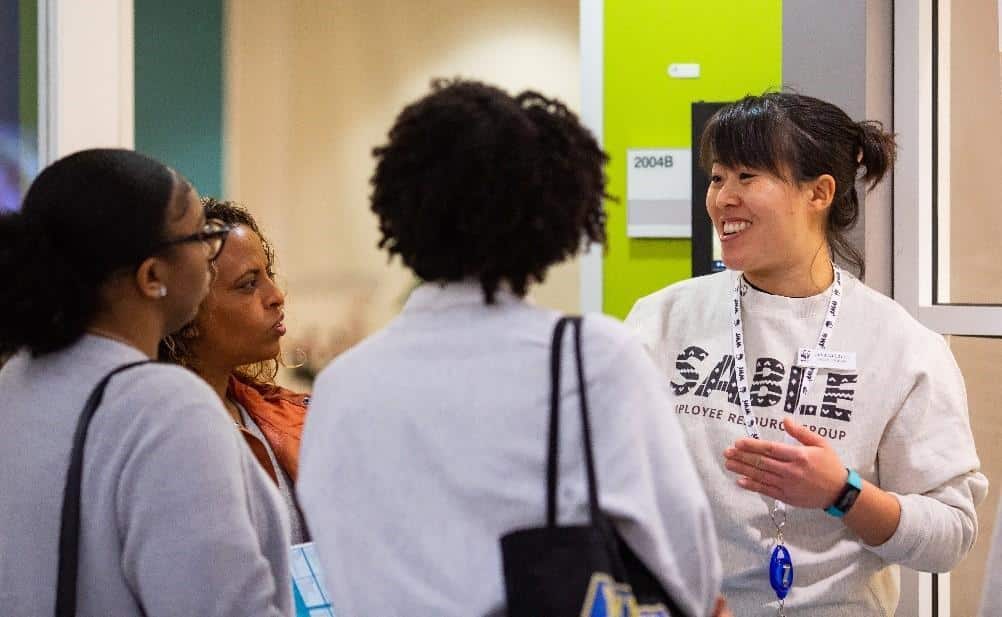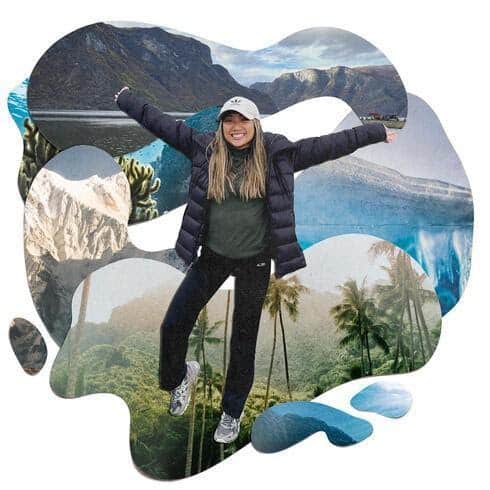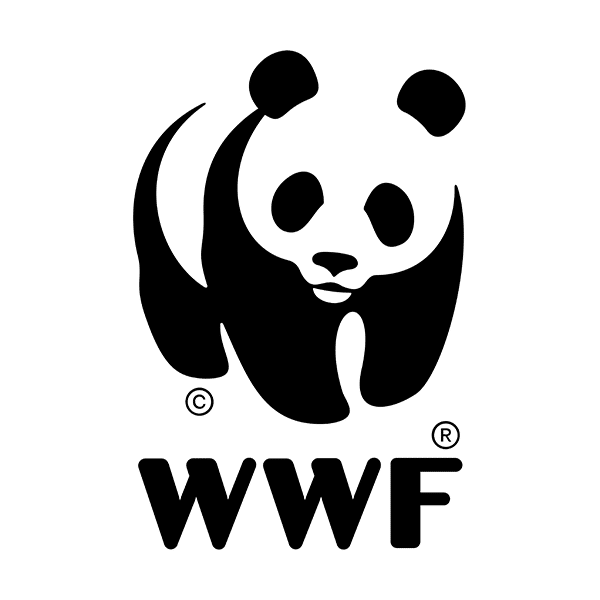
How WWF is building the next generation’s conservationists through paid internships
By Jessica Leung
Jessica Leung is a program manager for Early Talent Diversity Programs at World Wildlife Fund (WWF). The global conservation nonprofit is dedicated to delivering science-based solutions to preserve the diversity and abundance of life on Earth, halt the degradation of the environment and combat the climate crisis. In this blog, Jessica shares how WWF’s new internship program helps elevate underrepresented students into conservation careers.
An array of unique experiences, voices, and perspectives are needed in conservation to generate the most innovative solutions to the planet’s most daunting challenges. As one of the largest global environmental organizations, WWF is seeking to recruit the next generation of conservationists – especially those coming from historically marginalized groups.
WWF’s diversity-focused BRIDGE summer internship—short for Building Relationships, Inclusivity, Diversity, Growth, and Excellence—launched in 2021 to introduce students from underrepresented populations to the conservation field’s numerous career paths.
Our BRIDGE program has three key goals:
- First, BRIDGE aims to reach historically underrepresented groups, including women, people of color, veterans, and people with disabilities. Following BRIDGE, interns enter WWF’s pipeline for future hires, which helps the organization work toward our goal of at least 30 percent people of color among full-time employees – which we achieved this quarter. We know that this is just a floor and not the ceiling, but our BRIDGE program is critical to our goal to increase representation of staff of color.
- Second, BRIDGE recognizes the value in the work our interns provide – and we pay them. In 2022, The Green 2.0 Transparency Report Card found that 1 in 5 organizations still did not offer paid internships. Lack of pay can be a major barrier to attracting potential BRIDGE applicants, which is why BRIDGE is a paid internship.
- Third, in addition to paying interns, WWF engages academic programs reaching BRIDGE populations, in our effort to provide them with information about an inspiring and substantive internship.
In 2022, BRIDGE interns were invited to many professional development and networking opportunities – gaining exposure to conservation career pathways and witnessing how diversity, equity, and inclusion was integrated into WWF. This included a career panel discussion with WWF’s early career-focused employee resource group, speed mentoring, and sessions on managing mental health.
Another session was devoted to WWF’s President and CEO, Carter Roberts, connecting with interns to offer reflections and ask them for their feedback. “Listening to Carter speak was very insightful, and the Q&A session allowed the interns to ask about things that they wanted to learn more about,” said Ashley Pratt-Gallo, a summer 2022 intern on the People and Culture team. “The opportunity to answer questions posed by Carter was very interesting, and giving feedback about our experience and perceptions of WWF was greatly appreciated.”

Internships are an opportunity for an early career individual to experience what a future career path in an industry could look like. Upon graduation, internships can often be a competitive edge for candidates seeking full-time entry level positions.
Francesca Edralin, a summer 2021 BRIDGE intern turned full-time WWF employee, was inspired to pursue a conservation career after witnessing the gaping inequities in how climate change was affecting marginalized communities.
“Growing up, while visiting family in the Philippines, I noticed a big disparity with the climate crisis,” says Edralin. During these trips, Edralin spoke with locals about the impacts they faced: severe drought, rising sea levels, and increased typhoon risks. “After returning to the US, though, I felt like a lot of people were in a bubble. It made me care about climate justice and spreading awareness, especially through an international lens.”
To sustain BRIDGE for future underrepresented students seeking to grow a conservation career, WWF is creating an endowment that will guarantee long-term support for interns by providing more than 40 undergraduate and graduate students annually with a fully paid 10-week internship. Income from the endowment will cover interns’ salaries and other essential costs. Funding will ensure the program can continue to provide opportunities for future cohorts and diversify the sector over time.

For more information on supporting WWF’s BRIDGE program, please email SupportBRIDGE@wwfus.org. And, if you’re interested in learning more about the program or applying, please visit https://www.worldwildlife.org/pages/bridge. Visit http://www.worldwildlife.org to learn more and keep up with the latest conservation news by following @WWFNews on Twitter.